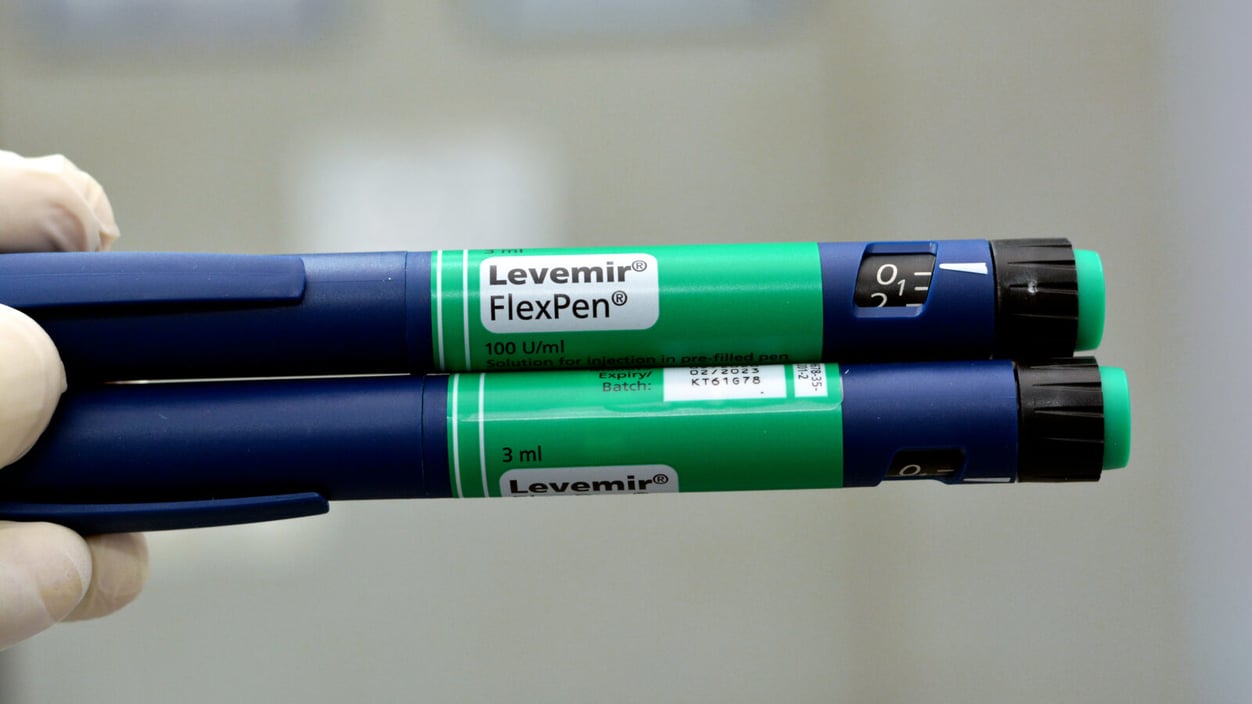first opinion
How does insulin cost so much? Look to discontinuations

ADOBE
A century after insulin was first introduced — with its inventors selling the patent to a university for $1 — the lifesaving medication has become the poster child for soaring drug prices. But how does that happen? In a new First Opinion essay, Robin Feldman argues that companies discontinue older versions of insulin products, essentially forcing people to use newer, more expensive versions. The proof is in the market-pudding: More human insulin products have been discontinued (16) than currently remain on the market (10).
It doesn't make sense to require companies to keep making a product, writes Feldman, director of the Center for Innovation at UC Law San Francisco. But if one company stops making a product, another one should be able to step in and start. Read more from Feldman on what policymakers could do to ensure there's affordable, accessible insulin.
politics
Poll: Independent voters favor Biden on health care
Independent voters seem to trust President Biden more than former President Trump when it comes to health care issues, according to the latest KFF Health Tracking Poll. While voters associated with any political party obviously favor their own candidates, independents leaned toward Biden when it came to issues including the Affordable Care Act, health insurance costs, Medicare, Medicaid, and protecting people with preexisting conditions.
In the last week of April, the poll gathered views from over 1,200 American voters on key health policy issues including drugs, abortion, and federal programs like Medicare and Medicaid. Other key takeaways include:
- Less than half (48%) of voters age 65 and up are aware of the Inflation Reduction Act provision that allows the federal government to negotiate the prices of some prescription drugs in Medicare. But that's more than the 36% that were aware in November.
- Most (62%) voters support a guaranteed federal right to abortion.
- At least 3 in 4 voters are "somewhat worried" that people covered by Medicare, Social Security, and Medicaid won't be able to get the same level of benefits in the future that are available today.
climate change
What we know about the health impacts of extreme heat
Last summer's heat waves demonstrated all the ways that extreme heat takes a toll on the human body. In Texas, more than 300 people died from heat last year — the highest number since the state started tracking the deaths in 1989. Globally, more than 150,000 deaths are associated with heat waves each year, according to a new study in PLOS Medicine. And authors of another study published in Nature yesterday found that last summer was the hottest in the Northern Hemisphere in 2,000 years.
The stakes are as high as the temps. I spoke with experts about the wide-ranging health consequences of extreme heat, and what policymakers can do to keep people cool and safe. Read more.


No comments